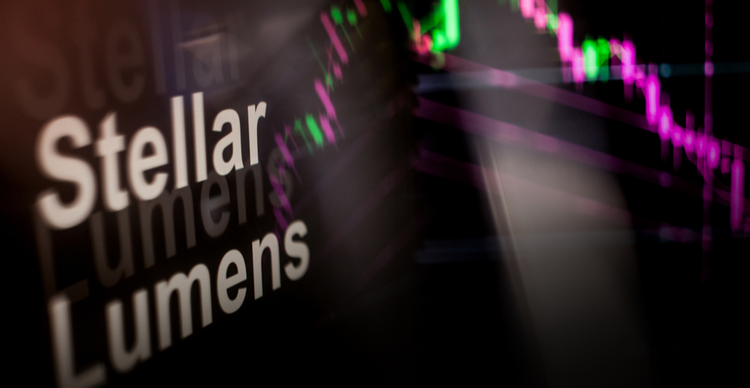Fundamental Analysis of Stellar (XLM)

-
Stellar (XLM) is in some ways similar to Ripple (XRP).
-
Only about 50% of the total supply of XLM is in circulation.
-
XLM was established back in 2014 and has since grown to become an open-source project.
Stellar (XLM) has some inherent similarities with Ripple (XRP). They can almost be calmer siblings since they originate from the same creator – Jed McCaleb. XLM is opens-source and works to facilitate fast cross-border payments. It was released back in 2014.
Stellar has a maximum supply of about 50 billion, with only about half (24 billion) in circulation. Its price ranges between $0.3238 and $0.3422. It has a daily trading volume of about $680 million. The market cap sits comfortably at around $8.2 billion.
XLM / TetherUS daily candlestick chart (Source: TradingView)
XLM is ranked in 24th place on CoinMarketCap. About 7 years ago, on November 18, 2014, XLM hit an all-time low of $0.001227. On January 4, 2018, an all-time high was recorded at $0.9381.
XLM has the advantage of low gas fees over other digital assets, especially for cross-border payments. Every transaction on the XLM network has a standard fee of 0.00001 XLM. In 2018, Stellar and TransferTo got into a legal agreement to aid cross-border payments for over 70 countries. It is the first digital asset to gain Shariah compliance for payment.
In May 2020, about two-thirds of the total value of Digital currency was dropped. This did not affect the standing at best performing altcoin.
Summary
Stellar (XLM) is open source and allows and allows for easy and fast payment across borders. It has a standard fee of 0.00001 XLM for every transaction on the XLM network.
The post Fundamental Analysis of Stellar (XLM) appeared first on Coin Journal.
Read more: https://coinjournal.net/news/fundamental-analysis-of-stellar-xlm/
Text source: CoinJournal: Home










